
50 Years of Community Advocacy
FOLLOWING THE PASSING OF JUAN RAMOS, AL DIA TAKES STOCK OF THE ACTIONS OF THE PUERTO RICAN leader ACTIVIST THROUGHOUT HIS CAREER.
Listen this article
Within the city of Philadelphia, the Latino community has a rich tapestry of history that swells with the cultures of those who came to the country to make a better life for themselves.
One such man, who sought to make the lives of all those in the city and to fight for the rights of Puerto Ricans and Latinos, has passed on, leaving behind a legacy of challenging the status quo.
On July 22, 2023, activist and former Philadelphia City Councilmember Juan Ramos, passed away at the age of 71, ending a battle with Alzheimers.
“My brother, Juan Ramos, lived to make the lives of others better, happier, and more meaningful; and he was willing to challenge and change things that stood in the way of better lives for all, especially those with the least power and resources,” said Pedro Ramos, brother to the late Juan Ramos, in a statement to AL DÍA.
“That’s just who he was at home, church, work, community, and politics,” he continued.
Born in Puerto Rico, at the age of two, Juan Ramos and his family immigrated to the United States in 1953, making their new home in Philadelphia.
In order to get by, his family relied upon social programs that supported the Puerto Rican community, such as Casa del Carmen, many of which benefited Ramos as he was the eldest of his siblings.
Young Lords
Like many activists, Ramos sought out and joined groups of like minded individuals so that they might combine their efforts and make tangible progress when challenging social issues. In time, he would even go on to found his own movements and organizations.
In high school, Ramos encountered many other Puerto Ricans whose families had similar stories to his own, leading him to join the Philadelphia chapter of the Young Lords as they advocated for Puerto Ricans throughout the city.
Inspired by the work and message of the Black Panthers, the Young Lords were founded in Chicago under Jose Cha Cha Jimenez in the 1960s, expanding to become a national force that worked in underserved communities across the country.
Much of their work was providing support for communities in churches and hospitals, aiding these organizations with their manpower. Additionally, they provided education on the history and culture of Puerto Rico, pushing to move the territory into independence.
During Ramos’ time with the Young Lords, he was outspoken against police brutality towards Puerto Ricans and people of color, and pushed back against the lack of support given to communities suffering from gang wars.
Their work, however, was not free from danger. During meetings, Ramos’ father would wait outside their headquarters, sitting in fear of them being firebombed for their protests. His fear was not unfounded unfortunately, as they were indeed firebombed on at least one occasion.
But Ramos was not one to be scared away from activism by violent opposition.
As Ramos continued his activism, he began organizing his own group, named the Puerto Rican Alliance, of which Ramos was both co-founder and its inaugural president.
Founded to fight for housing, education, and legal reform, the Puerto Rican Alliance mobilized the Latino community. Additionally, the Alliance fought for bilingual education and to push back against police brutality within the city.
With his new platform, Ramos began working on raising awareness of Puerto Rican issues, such as how the Navy’s presence in the islands of Culebra and Vieques led to many residents being pushed out of their homes, some of whom moved to Philadelphia and joined Ramos in solidarity to support family they still had on the island.
Under one of his mentors, a civil rights leader named Muhammad Kenyatta, Ramos became invested in voting issues, making it one of the central issues the Puerto Rican Alliance would tackle.
SQUATTER CAMPAIGN
One of Ramos’ most notable movements came at the tail end of a savings and loans crisis in the late 1970s, in the form of a squatters movement. Due to this crisis, thousands of homes had been foreclosed, leaving them abandoned and under federal ownership.
In order to house those that needed it, Ramos led families in breaking into the empty houses and worked to make them liveable again, housing hundreds of families. When the government threatened to evict them, he led a protest that culminated in the occupation of Independence Hall.
Though Ramos and the families only held the Hall for one day before being evicted by police, they avoided arrest due to the bad publicity that would come from imprisoning children and their mothers.
Not yet satisfied with the outcome of the sit-in, Ramos led a 1980 occupation of then President Jimmy Carter’s campaign headquarters the night before the Pennsylvania primary, blocking their access to vital phone banks, which at the time was how to mobilize voters.
In order to resolve this, the Carter administration relied on the dean of the congressional delegation of Philadelphia, Bill Gray, an African American minister, and friend of Juan Ramos.
In exchange for the promise of getting titles to the homes for the squatters, Ramos left the headquarters, allowing the primary to continue unimpeded, leading Carter to defeat Democratic nominee contender Ted Kennedy in the remaining primaries, though he would ultimately lose the presidency to Ronald Reagan in a landslide.
Advancement in his political career
Ramos would eventually take his activism into Philadelphia City Hall with an appointment to the City Council, holding office from 2004 to 2008 as the second ever Latino to hold the office, the title of first held by Angel Ortiz in 1983.
For many Puerto Ricans, Ramos’ appointment was the Puerto Rican community finally having a voice within CIty Hall.
His focus never strayed far from helping the Puerto Rican community, achieving goals like securing $1.5 billion in construction grants for Taller Puertorriqueño — a hub for Latin American culture in the city — or helping others one-on-one.
“He saw his role, whether it was politics [or] being a union organizer or anything else, as an extension of helping people,” said Vincent Thompson to The Philadelphia Inquirer, Ramos’ chief of staff during the latter years of his term.
“It wasn’t about superstardom for him. It was about, ‘How do I help people have a better life?’” he continued.
Ramos was also known for his social events, hosting community gatherings that could bring people together.
One such event was during his term on the CIty Council, where Ramos organized a dominoes tournament in Love Park, touching on Latino culture while inviting those not Puerto Rican to mingle and enter the space freely.
Other accomplishments of his include creating a children’s festival in Hunting Park, Philadelphia, growing it into an annual event hosting games and athletic events attended by thousands as the Puerto Rican community embraced the celebration.
“As my big brother, Juan was a wonderful role model when it came to service to others, a great mentor on building ‘coalitions of interests’ to get things done, a colorful commentator on sports [particularly boxing and baseball], an insightful student of (family, Philly, American, world, political, religious, sports) history, … and the most fun person to share a sandwich with,” Pedro Ramos said.
Ramos is survived by his wife, Ana Sostre-Ramos, his daughters Alicia Ruiz and Anita Ramos, his son Andres Ramos-Cuadrado, his four siblings Elsa Ramos, Gladys Ramos-Colon, Jose Ramos, and Pedro Ramos, seven grandchildren, and three great-grandchildren.
On Monday, July 31, Juan Ramos was laid to rest following a public memorial service, attended by fellow champions of civil rights and those who admired his tenacity in the face of adversity, paying their respects to an advocate of their community.
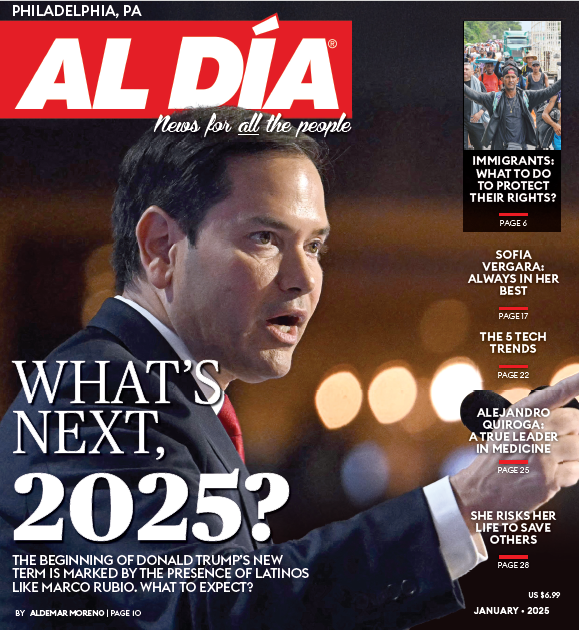



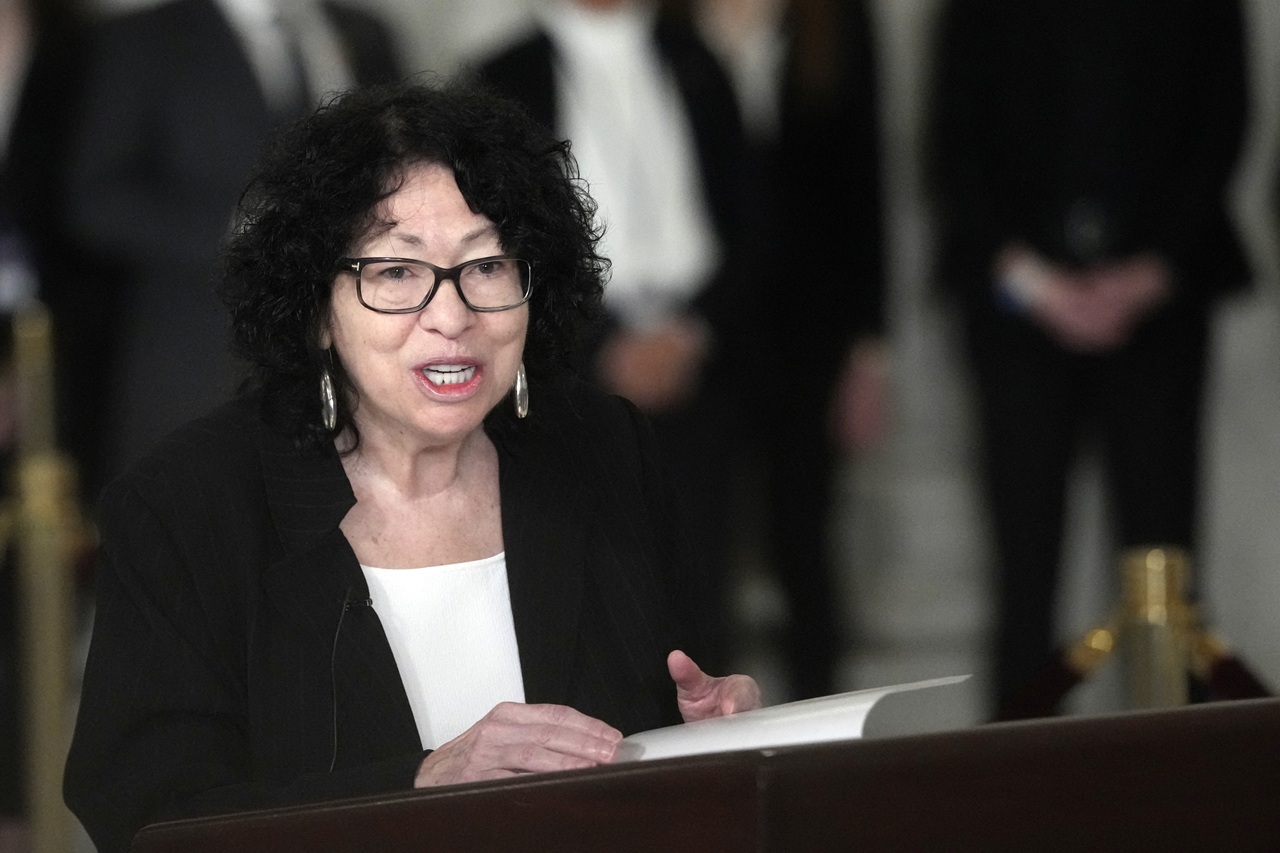
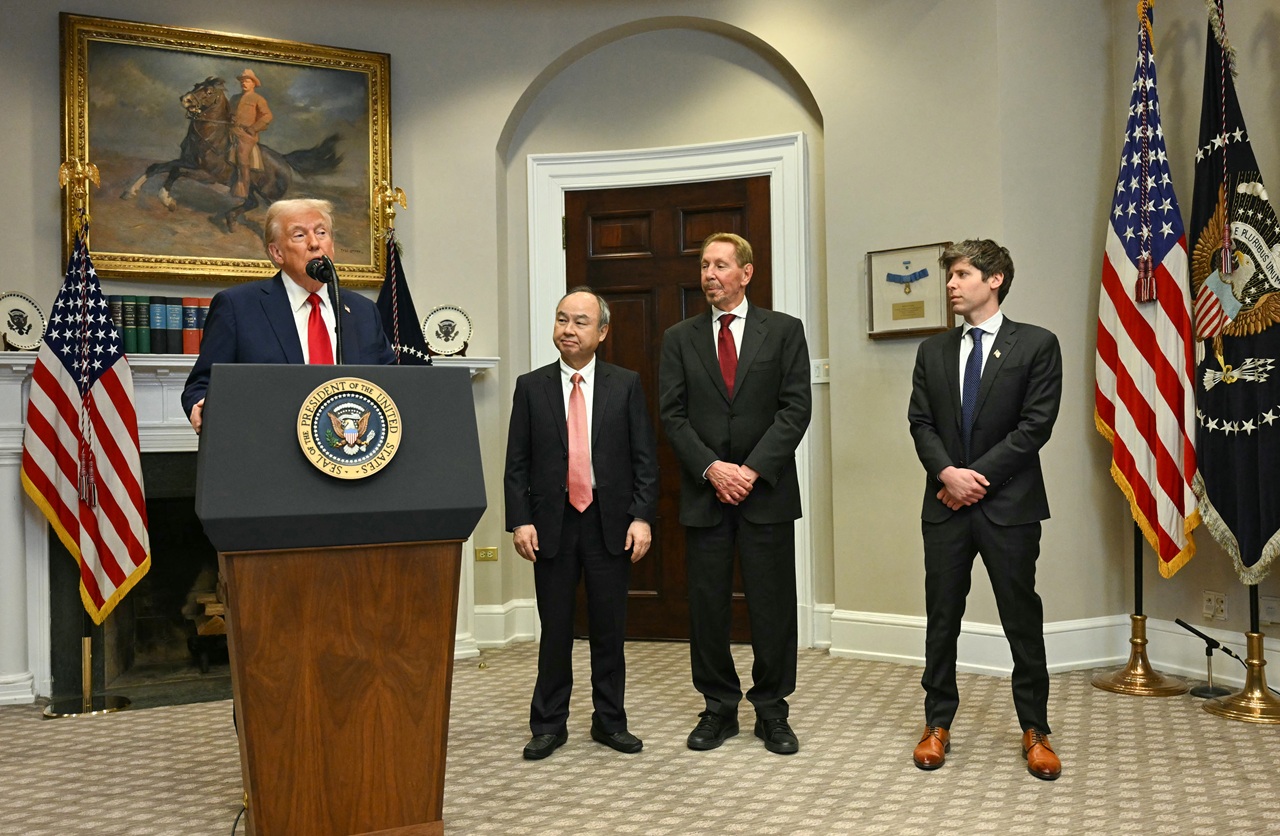

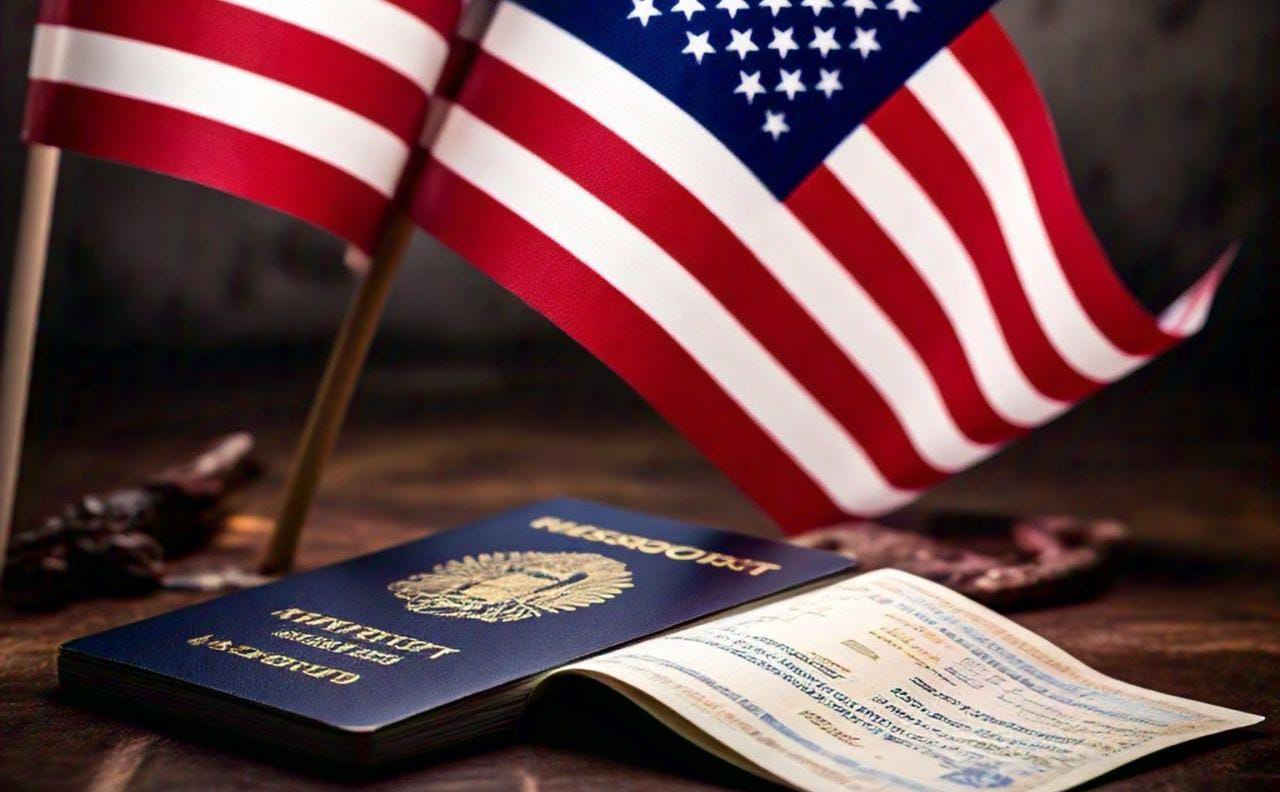
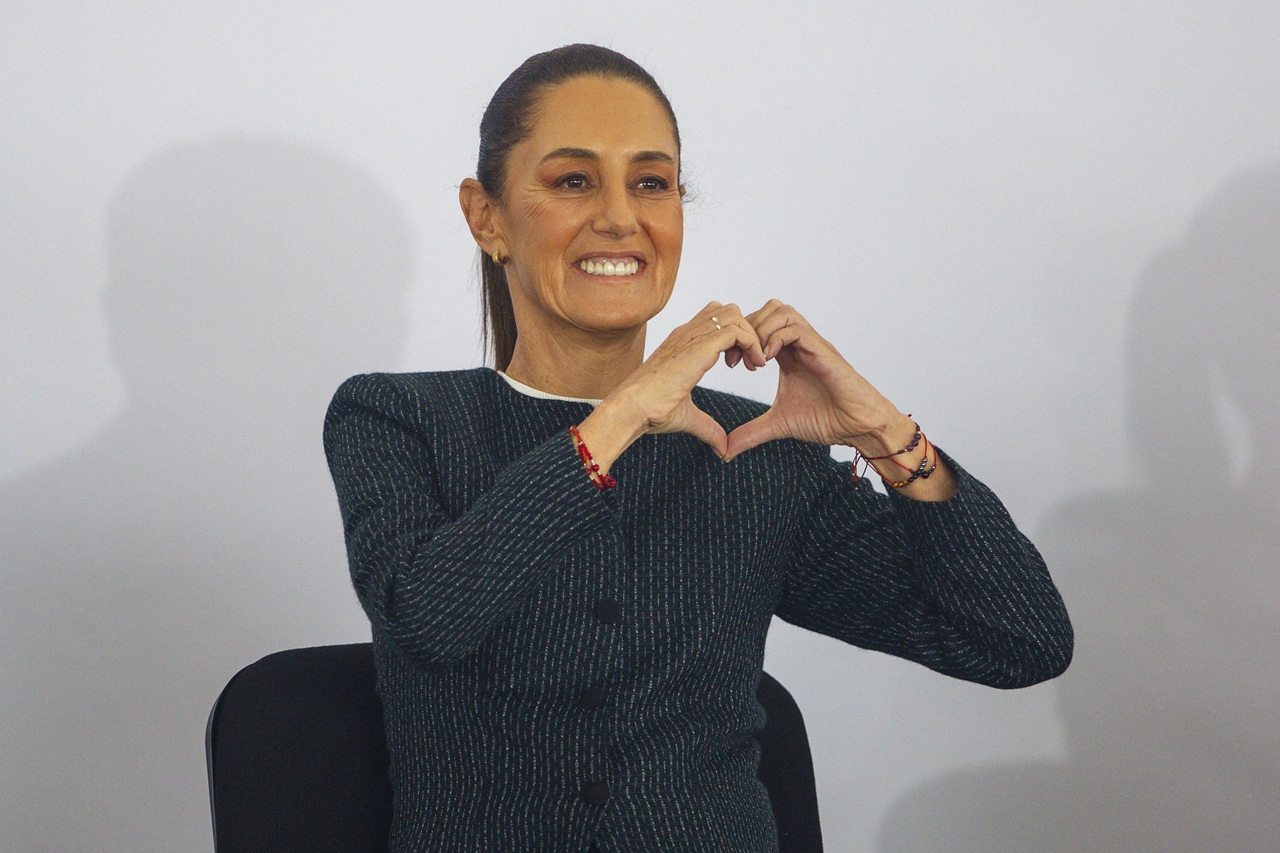
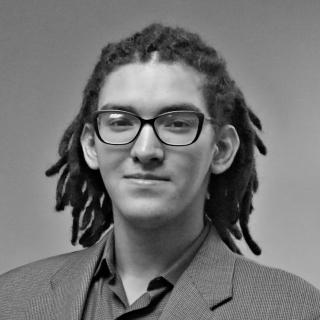
LEAVE A COMMENT: